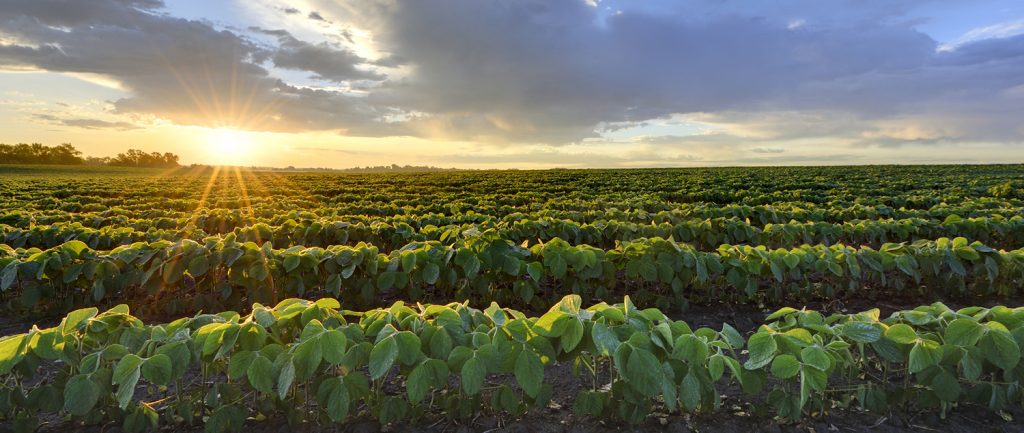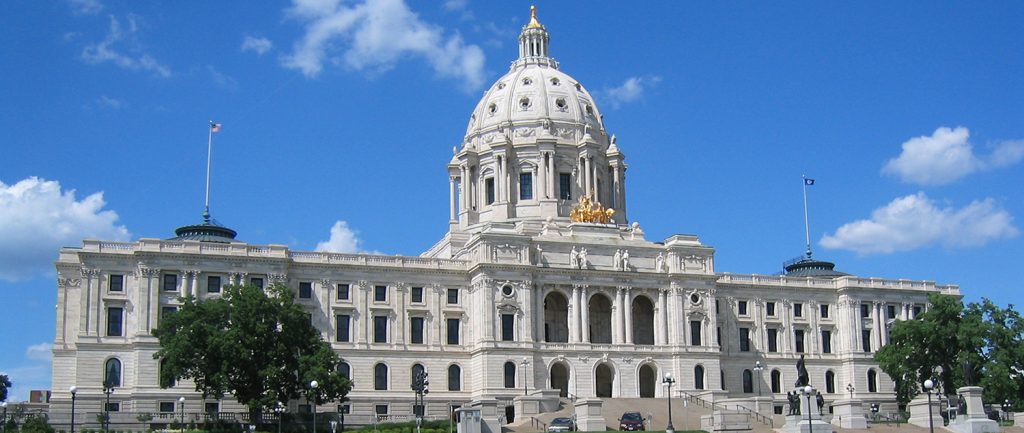The Minnesota Soybean Growers Association (MSGA) joins the soybean industry in expressing deep concerns following the Feb. 6 ruling from federal judge that vacates the 2020 registrations for dicamba.
“We are truly disappointed in the ruling banning the use of dicamba,” MSGA President Bob Worth said. “It is truly an effective tool for soybean growers in our ever-shrinking toolbox.”
Less than two months ago, in December 2023, the Minnesota Department of Agriculture issued its state-specific guidelines for the 2024 growing season. The guidelines had resulted in a 90% decrease in alleged off-site movement onto neighboring property from its peak in 2021. The ruling puts growers in limbo just weeks before the spring planting season. Now, growers may have to work with their retailers to secure alternatives.
“The state of Minnesota has done the legwork in researching a safe and effective way to use dicamba,” Worth said. “The restrictions we have in place have proven to work.”
According to the Court, “(T)he EPA violated FIFRA notice and comment mandates for issuing ‘new use’ pesticide registrations for OTT dicamba for DT crops (cotton and soybean). For the reasons explained below [i.e., off-target damage], the Court vacates the 2020 registrations for XtendiMax, Enginia and Tavium.”
The American Soybean Association (ASA), which advocates on behalf of the nation’s more than half-million soybean farmers, sent a letter to EPA Administrator Michael Regan urging an appeal and to seek a stay pending appeal (MSGA signed onto the letter). Soybean farmers from across Minnesota and the country depend on post-emergent dicamba to manage yield-robbing weeds, which have the potential to steal more than half of a crop’s yield and inflict more than $15 billion in damages to U.S. soybean crops if not properly managed.
“We are incredibly disappointed in the Arizona District Court’s ruling on the dicamba registration, which greatly risks disrupting supply chains and harming the entire farm economy,” said Josh Gackle, a North Dakota farmer and president of the American Soybean Association. “Especially coming at a time when most growers have already purchased seeds and herbicides for the growing season, this ruling stands to inflict great financial harm and uncertainty on many farmers preparing for spring planting. We will continue to review the decision and consider what options for recourse exist for U.S. farmers in the days ahead.”
In 2023, ASA, its 26 state soy affiliates (including MSGA) and several cotton associations submitted an amicus brief to the District Court of Arizona in this case urging the judge to avoid vacatur. Neither ASA nor the other grower groups are parties to the case, however. Separately, ASA has been involved in litigation in the D.C. Circuit Court of Appeals and the D.C. District Court concerning spray drift buffer and application cutoff deadlines in the same 2020 registrations. The case in the D.C. District Court was stayed pending the outcome of the Arizona case. The Arizona decision could also have bearing on the status of the litigation pending in the D.C. District Court.




